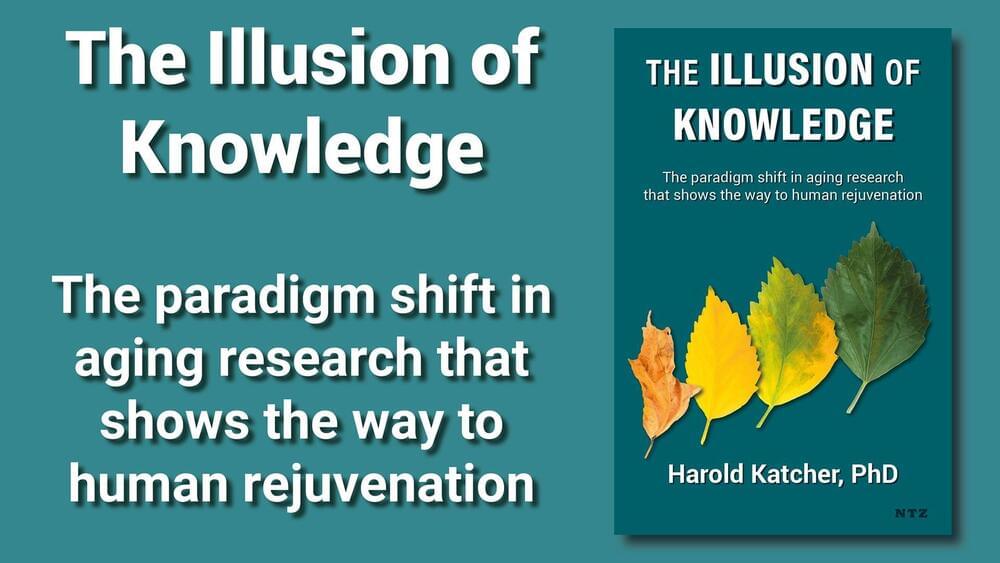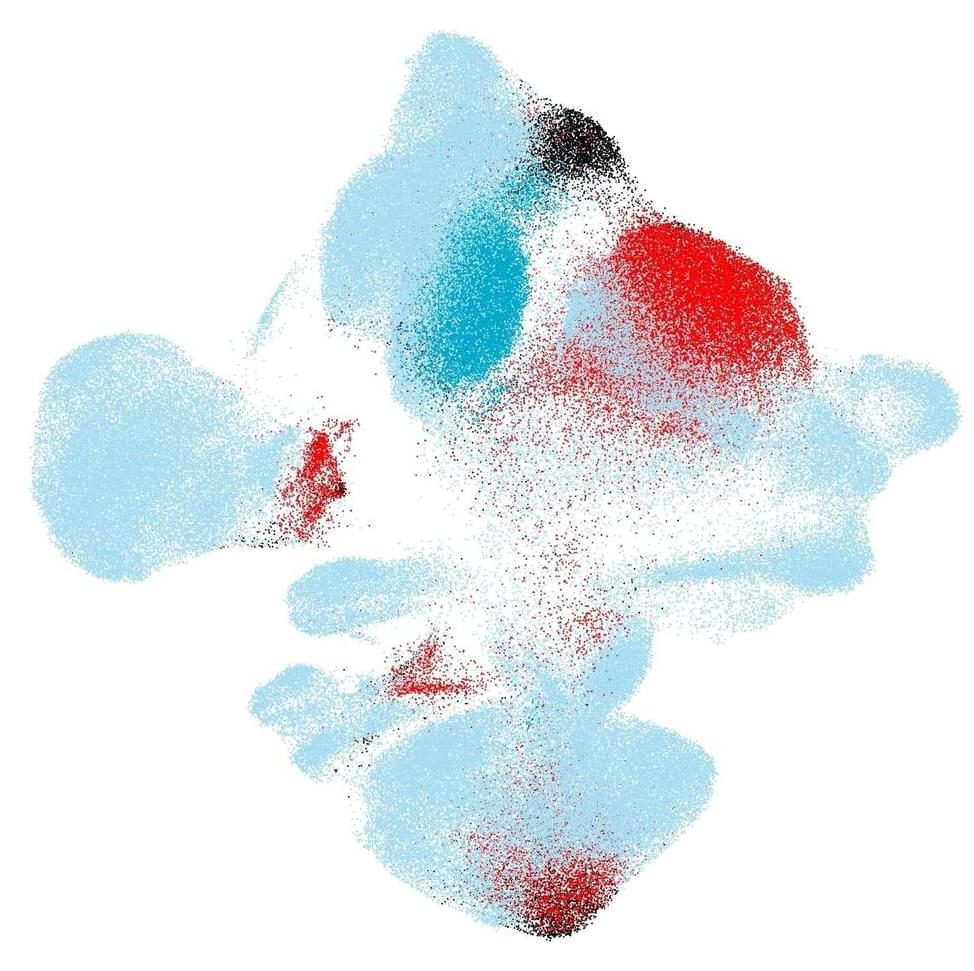“After demonstrating that cultured meat can reach cost parity faster than the market anticipated, this production facility is the real game-changer,” said Yaakov Nahmias, Future Meat Technologies founder and chief scientific officer, in a press release. “This facility demonstrates our proprietary media rejuvenation technology in scale, allowing us to reach production densities 10-times higher than the industrial standard.”
Cultured meat is made by extracting cells from animal tissue and giving them nutrients, oxygen, and moisture while keeping them at the same temperature they’d be at inside an animal’s body. The cells divide and multiply then start to mature, with muscle cells joining to create muscle fibers and fat cells producing lipids. The resulting nuggets of meat can be used to make processed products like burgers or sausages. Structured cuts of meat with blood vessels and connective tissue, like steak or chicken breast, require scaffolds, and researchers are creating these with biomaterials, like cellulose from plants. Companies are working on several varieties of more elaborate cultured products, from bacon to salmon.
As reported by Bloomberg, Future Meat aims to start offering its products in US restaurants by the end of next year—but must get approval from the FDA first. On top of that approval, public opinion is another hurdle the company and its competitors will need to clear before they see widespread success; for every person who’s opposed to factory farming, there’s a person who’s squeamish about the idea of meat grown in a bioreactor, despite the avian (or bovine, or porcine) lives being spared. Getting these consumers to view cultured meat favorably will be a matter of education, taste/texture as compared to the ‘real thing,’ and cost competitiveness.





